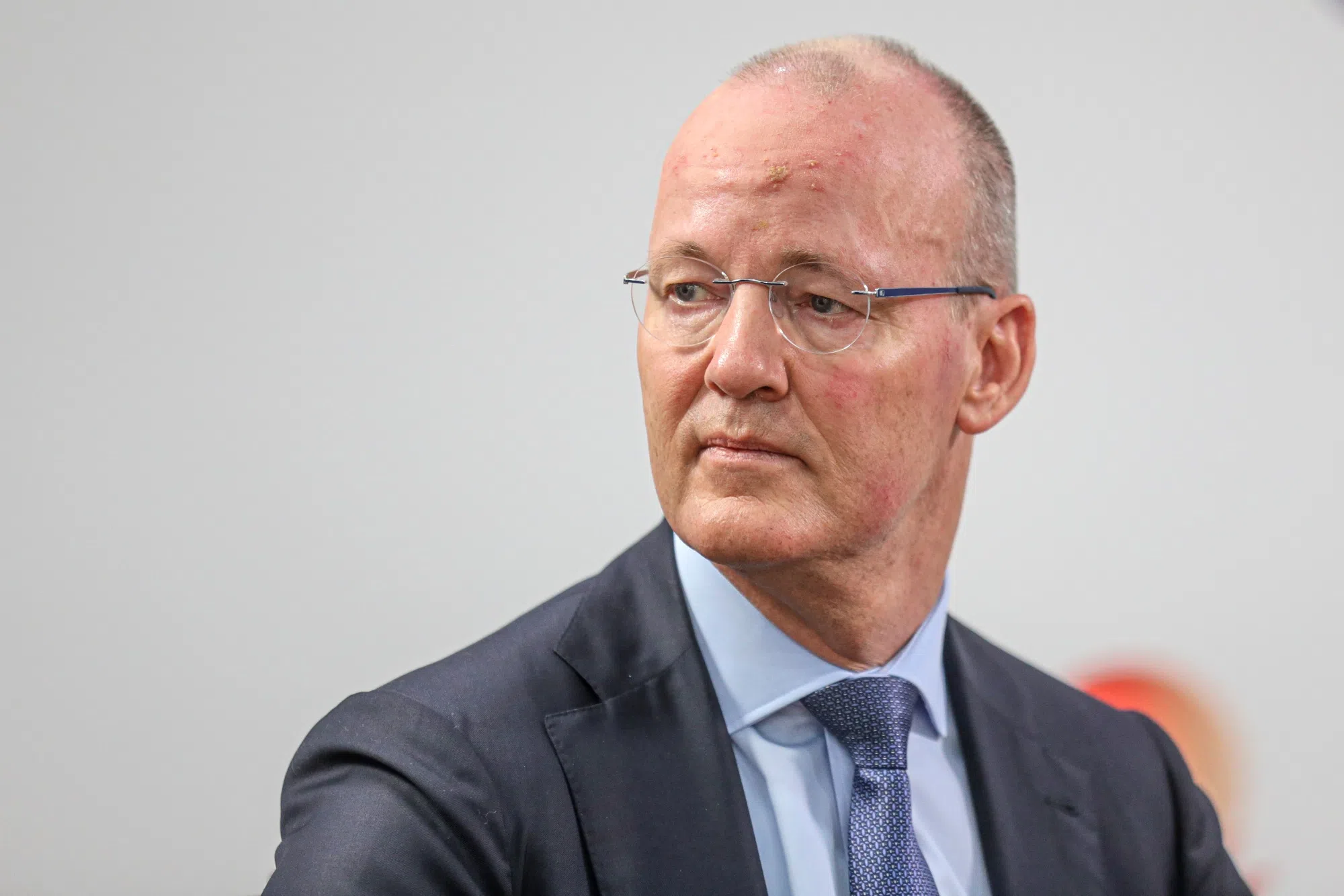GLOBAL efforts to tame ballooning risks outside the banking system are losing steam, the Financial Stability Board (FSB) said on Monday (Jul 22), with a top official warning it will take longer than expected to get a full picture of vulnerabilities at hedge funds, private credit firms and other investors.
The FSB, which convenes the most powerful central bankers, regulators and finance ministries, swept into 2024 on a mission to deal with risks at financial institutions whose scrutiny fell further behind that of traditional banks in the aftermath of the financial crisis. The rhetoric was backed up by an ambitious work programme, including gathering data on the institutions’ use of leverage, as well as their capacity to meet margin calls in times of stress, and separate work on open-ended funds.
While the FSB still plans to make initial recommendations in all three areas by the end of this year, it will have carry out additional work to compile data on non-banks “more holistically,” said John Schindler, the group’s secretary general.
“We’ve learnt that there’s more obstacles here than we had realised,” Schindler said in an interview as the FSB published a progress update. “It will take us longer to get through these data issues.”
The difficulties underscore the challenge of taming risks in a diverse sector whose oversight can fall between a dozen bodies in a single jurisdiction, making global coordination a mammoth task. In some countries there are legal impediments to sharing data within a single market, never mind across borders. Some firms in the industry are also lobbying against additional disclosures, which they see as burdensome and pointless.
FSB chair Klaas Knot, in a letter to the Group of 20 finance ministers and central bank governors, said progress on the initiatives was “hampered” by data challenges. Knot, who is governor of the Dutch National Bank, also hinted at broader struggles with the FSB’s efforts, which he described as “critical” for enhancing global financial stability.
BT in your inbox
Start and end each day with the latest news stories and analyses delivered straight to your inbox.
“While some progress has been made to date, the pace of implementation” of policies that were already agreed, such as money market reforms, “has been uneven across jurisdictions and we may already be losing momentum,” he wrote.
Tough capital requirements slapped on banks in the aftermath of the crisis fuelled the growth of money market funds, private credit firms and other non-bank lenders that have become a vital source of funding for vast swathes of the global economy. Such institutions, known as non-bank financial intermediaries, now account for around half all global financial assets.
Their growth has spawned new risks that can bleed into the traditional financial sector, as highlighted by the 2021 implosion of family office Archegos. That firm’s failure cost banks billions and contributed to Credit Suisse’s death spiral.
Authorities from around the world are now debating how and whether to regulate the disparate group of firms that they still don’t know enough about, prompting the FSB to embark on global initiatives to expose where the biggest risks lie, and how those connect back to the traditional financial system.
“We have some gaps here in our own knowledge because members can’t share these data with us,” Schindler said of the data challenges. “We’re trying to look for other ways to learn about the information, other ways to share, other ways to get to the outcome.”
Schindler said the FSB should make some progress by the end of the year on determining which data are available, but might then have to do more work to deal with gaps in the information.
The loss of momentum for global regulators has already led to more delays in new capital rules for traditional banks, with Europe postponing the implementation of some of measure while US authorities still fight over what version of the package to agree on. Some regulators now fear that political backlash in the US, coupled with a European agenda that’s focused more on growth, could lead to a wider rowing back of the measures.
Under the presidency of Donald Trump, the US largely went its own way on financial regulation, and some global regulators fear a similar approach if he succeeds in this year’s campaign. Schindler said for now, it’s largely pushback from the private sector rather than a lessening of will among certain jurisdictions that’s holding back the FSB’s efforts to tackle risks outside the banking system.
“We have to combat that,” he said. “We’ve seen where there’s vulnerability in the non-bank system, we have to continue to try to make the entire financial system resilient.” BLOOMBERG






